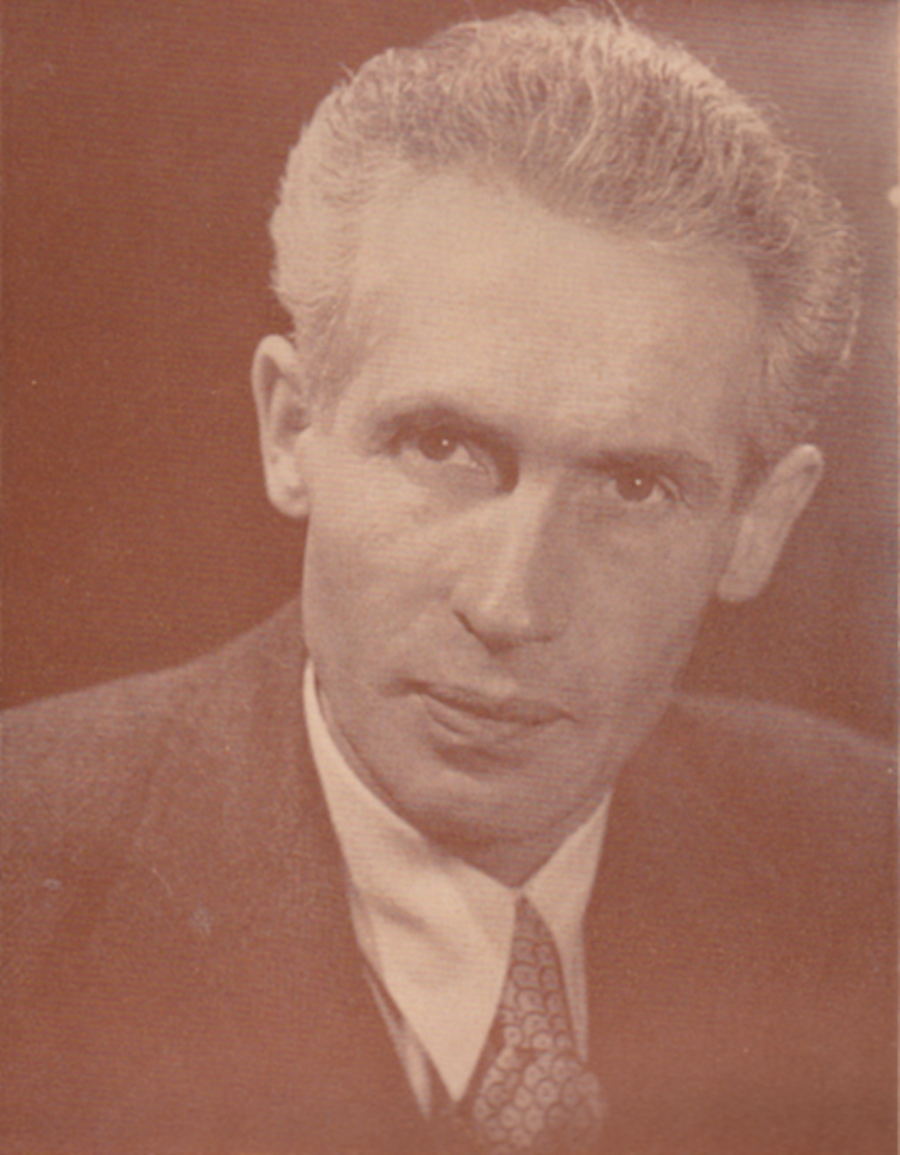-
-
-
-
Search
-
-
0
-
Shopping Cart
xProducts:0Cart Empty
-
by Francesco Medici
© Copyright Francesco Medici All Rights Reserved 2020
On May 4, 2017, Swann Galleries, a well-known New York auction house specializing in rare and antiquarian books, sold for $13,000 a two-page autograph letter by Kahlil Gibran to a Mr. Horowitz (Sale 2446, Lot 360). In his letter, the poet praises Horowitz’s essay introducing The Prophet and suggests that the latter tell Knopf of his translation of the book. These are the (almost complete) contents of the letter:
Boston, 10 July 1928
My dear Mr. Horowitz,
Thank you […] for sending me a copy of the preface which you have written for your translation of The Prophet. It is indeed beautiful, and it is most generous. […] [I]t is good and refreshing to find you and Henri Bergson agreeing on the most important manifestations of life and self. I am delighted to know that you are interested in that which is deeper than intellect. […] I would suggest […] your sending a copy of the ‘preface’ to my publishers. […] The Knopfs would be interested because they are bringing out my book Jesus [the Son of Man] early in October, and, naturally, they would know all the kindly things said of one of their authors, and they would tell you where to place your extremely understanding piece.
Of course you will tell my publishers of your translation, and also of its possible publication abroad.
It was most kind of you to send me the photograph of the actors who read The Prophet at Freedom Hill. I know in my heart that each and every one of you visited for an hour the dear city of our deeper desires, the distant city of Orphalese.
I am delighted to know that you are coming to settle in New York; and I shall be most happy to know you personally.
With kindest regards believe me.
Faithfully yours
Kahlil Gibran
P.S. Mr. Campbell of Alfred A. Knopf may be the most informative. Write to him if you care to do so.
Isaac Horowitz (Yitshak Horovits, 1893-1961) lived in Jassy (Romania) until 1909 and then emigrated to the United States, where initially he worked
in a sweatshop and simultaneously studied. First settled in Los Angeles and then in New York (where he died), Horowitz was a prolific writer, poet, journalist, playwright and essayist, who as an author sometimes used the pseudonyms Danilo, Veritas, and A. H-ts.[1]
Der Novi (Warsaw-New York: Biblioteka Jaczkowskiego [S. Yatchkowsky], 1929), Horowitz’s translation of The Prophet into Yiddish, maybe also thanks to the intercession of Knopf or Gibran himself, was published in Poland a year after the aforementioned letter was written.
Video: Kahlil Gibran’s The Prophet in Published Yiddish (Yiddish Book Center): https://www.youtube.com/watch?v=9DdTvUCOMmE
* This article is based on an excerpt from the paper “Gibran’s ‘The Prophet’ in All the Languages of the World”, 5ème Rencontre Internationale Gibran, IMA, Paris, 3 Octobre 2019, Lebanese American University–LAU, Beirut: Center for Lebanese Heritage, Lebanese American University, 2020, pp. 111-135.
Credits:
The Kahlil Gibran Chair for Values and Peace at the University of Maryland (https://gibranchair.umd.edu)
Lebanese American University (https://www.lau.edu.lb)
[1] Cf. Z. Reyzen, Leksikon fun yidish-shraybers (Biographical Dictionary of Yiddish Writers), edited by B. Kagan, New York: R. Ilman-Kohen, 1986, vol. 1, cols. 214-215: “From 1912 he [Isaac Horowitz] was publishing poetry in Fraye arbeter shtime (Free Voice of Labor), Forverts (Forward), Di vokh (The week), Di feder (The Pen), Di tsvayg (The Branch), and Kinder-zhurnal (Children’s Magazine) – all in New York. He edited: Di fraye muze (The Free Muse) in 1913, the monthly Der vegetaryer (The Vegetarian) in 1916, and Di vegetarishe velt (The Vegetarian World) in 1921 – all in New York. He contributed to the journal Der naturist un vegetaryer (The Naturist and Vegetarian), New York, 1920. In the 1920s he moved to Los Angeles, where he brought out the journal Der mayrev (The West). Among his books: Vegn Moyshe Nadir, kritishe polemik (On Moyshe Nadir, a Critical Polemic), New York: Aleyn, 1919; Dos kol fun di shtume (The Voice of the Dumb), New York: Aleyn, 1920. Concerning vegetarianism: Ven der lerer iz nishto (When There is no Teacher), Vilnius: Naye yidishe folkshul, 1928; Parnose-gever, un ven der lerer iz nishto (The Breadwinner, and When There is no Teacher), a one-act play (New York: Workmen’s Circle, 1929); Teg un nekht mit Panait Istrati (Days and Nights with Panait Istrati), New York, 1940; Mayn tatns kretshme (My Father’s Shop), New York: Matones, 1953.”